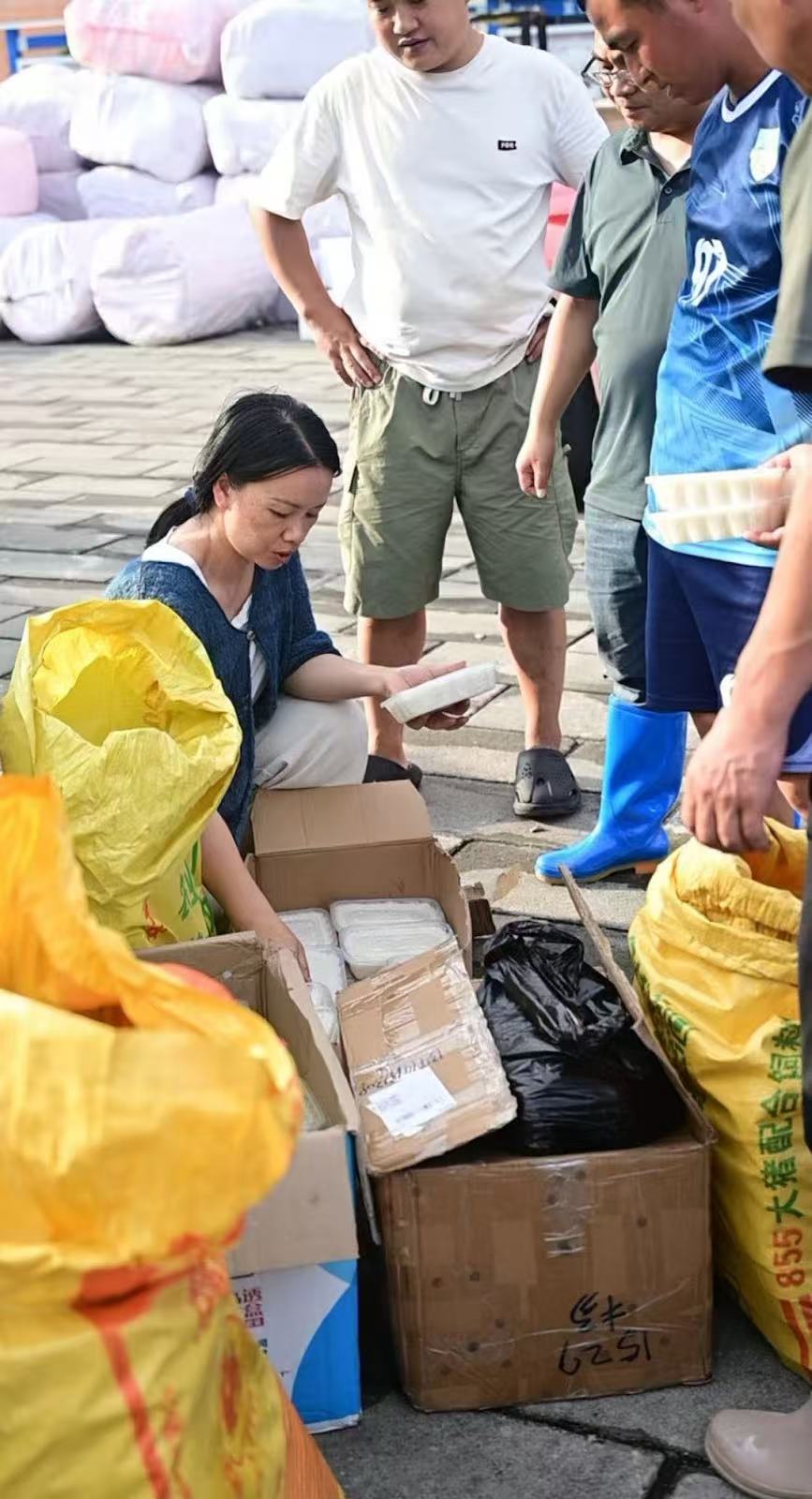Greenpeace East Asia’s Beijing office hosted a workshop for journalists and local NGOs in Hangzhou, China on September 20th, with a focus on storytelling during the climate crisis.
Climate change has become a major topic in Chinese media over the past few years, driven by the intense flooding, drought, typhoons, wildfires, and other climate disasters across China.
The workshop dove into the complex impacts of climate change, including the connection between extreme weather events and food prices. Such narratives have raised awareness on the issue, but also induced negative emotions like fear and anxiety.
Speakers from Greenpeace also challenged storytellers to consider what impact their stories about climate disasters have on readers, including whether they inspire hope or agency to act.
“Climate change requires us to transform our thinking and behavior,” said campaigner Zhou Chuhan. “Such a transformation cannot be achieved by fear alone. Fear allows us to focus on the risks, but reduces creativity and imagination.”
Research from Greenpeace East Asia’s climate psychology research team Mindworks has shown that solely focusing on the urgency and severity of climate change is not a sustainable method to attract public attention, as fear and powerlessness do not help people understand what possibilities there are for action.
Solutions journalism for climate change was a central point discussed by Li Yulin, the director of Philanthropy Watch. He described solutions journalism as a “third way” to break the binary of positive and negative narratives.
“Showing the reader what potential solutions there are to a problem actually empowers the reader,” Li said. “Reporting on solutions offers a way for the public to understand.”
And because narratives are not enough and only as meaningful as the actions they build, the third session focused on climate actions: small steps one could take to bring positive change in a deeply imperfect world .
“We were the first responders to the Qingyuan floods in 2022,” said Xueji, a Qingyuan community member who has been running a nature education center and started the first climate project in the area. “We formed a community-based mutual aid network, and that is when I realized that we need to do more than just nature conservation. We also need to respond to the biggest challenge facing nature – climate change.”
ENDS
For media enquiries please contact:
Qilin Liu, Greenpeace East Asia, Beijing, ([email protected])
Greenpeace International Press Desk, [email protected], +31 20 718 2470 (24 hours)



